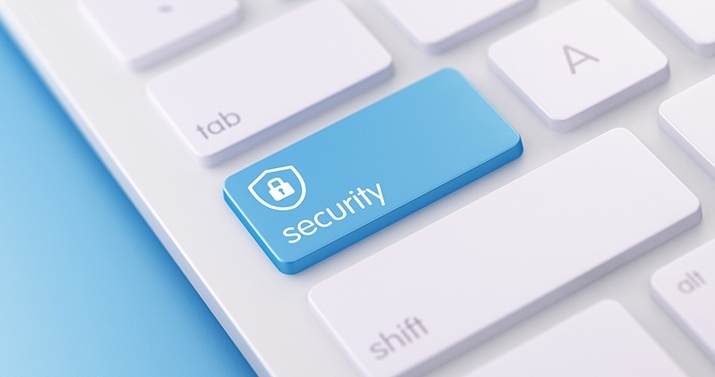
7 Tips for Creating Strong Online Passwords for Your Accounts
Learning how to generate secure passwords is easy. There are many tips and tricks you can use to protect your online accounts while still being able to remember the passwords when you need them. Use these tips and examples of strong passwords to beef up your personal online security.
Strong Password Tips
1. Try not to repeat passwords for different accounts.
A password is only as good as the website you enter it on. What happens if you use the same password for everything and one website is hacked? That hacker now can access all your online accounts. Keep the damage minimal by using different passwords for different accounts.
2. Never share your password.
Decrease the risk of hackers gaining access to your account by keeping the number of people who know the password down to one – you.
3. Increase the complexity of your password.
You can do this by inserting upper and lower case letters, numbers, and various symbols in the password. This is most effective if they are scattered throughout and not loaded at the front or end of the password.
Bad example: Americhoice#123
Good example: aMer1#cho1ce
4. But prioritize length over complexity.
Mark Burnett, author of Perfect Passwords, says “Usually all it takes is a password just two characters longer to make up for a lack of other types of characters such as upper-case, numbers, or symbols.”
Many accounts require a minimum of 8 characters, but try to make your passwords as long as 12 to 15 characters for maximum protection. The longer the password, the longer it would take for any hackers to guess the right combination.
Bad example: cookie
Good example: chocolatechipcookies
5. Don’t write it down.
Chances are you’ve spotted a computer monitor with a post-it note attached that tells you important password information. Or maybe you are guilty of this yourself! Don’t leave this type of information out in the open or easy to find. You never know who may see the note and what their intentions are.
6. Enable multi-factor authentication.
Multi-factor authentication is when an account has an extra step before it allows you access. Once you enter your password, the account also sends a code to other contact information you have on file. Often it goes to your cell phone number via text or to your email. You then must enter this additional code while logging in. This extra step will increase your account’s security.
7. Be aware of common phishing scams.
If you’re sent an email asking you to click on a link to reset your password – take a closer look at the sender. Many hackers try to imitate real accounts to trick you into giving up your personal information. Get more info on additional fraud tactics and how to avoid them here.
How to Remember Your Passwords
Generating more secure passwords doesn’t do you any good if you can’t remember them. Since we discourage writing them down on post-it notes, or keeping every password the same – how do you do it? One popular method is the use of a password manager. These managers store all your complex passwords in one place, under the protection of another password of course. Using a password manager allows you to keep complex passwords for different accounts and increase your online security. Instead of remembering each password, you only have to remember one – the password to your password manager!
USAToday recommends these password managers for beginners:
- LastPass
- Google Smart Lock
- Norton Identity Safe
- SecureSafe
Creating strong passwords is a must if you want to be safe online. If you have used any additional tips to beef up your passwords, leave them in the comments below!
Get more tips by subscribing
Subscribe to receive email notifications whenever a new article is on the blog! Use this free resource to keep up to date on security, finance, and more. Sign up now!
-2.png?width=300&height=65&name=AFCU-logo-2019-white-sm%20(1)-2.png)